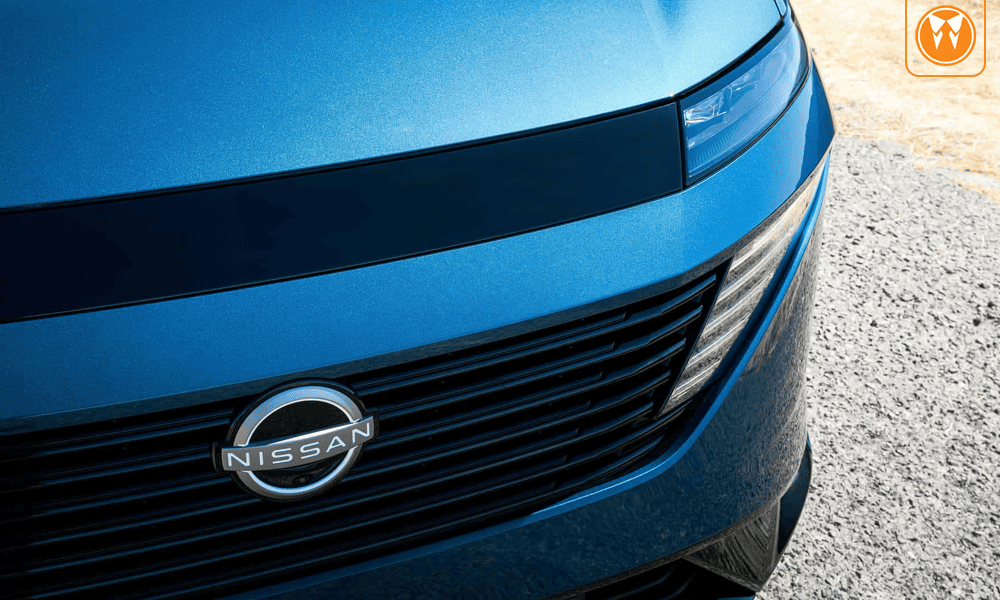Nissan’s Hybrid Strategy is coming under greater scrutiny, raising questions about the renowned Japanese automaker’s future. As the world evolves toward more sustainable and ecologically friendly transportation options, many see Nissan’s hybrid strategy as falling behind global competition.
A Slower Shift Toward Green Technology
For years, Nissan has been a prominent player in the automotive industry, especially with its pioneering electric vehicle, the Nissan Leaf. However, its hybrid vehicle strategy seems to be less aggressive when compared to industry leaders like Toyota and Honda, who have aggressively pushed their hybrid models to the market.
Experts argue that Nissan’s slow adoption of hybrid technology could be detrimental to the company in the long term. As consumer preferences shift toward greener alternatives, automakers are feeling the pressure to offer a broader range of electric and hybrid vehicles. While Nissan has made efforts with some hybrid models, its portfolio is not as diverse or as extensive as those of competitors.
Nissan’s Hybrid Offering Faces Criticism
Nissan’s hybrid lineup has also been criticized for its lack of innovation. Unlike Toyota’s Prius or Honda’s Insight, which have long been leaders in the hybrid segment, Nissan’s offerings are considered outdated by some industry standards. Critics argue that the company has failed to effectively capitalize on the hybrid trend, especially with the increasing importance of reducing carbon emissions and fuel consumption.
Despite this, Nissan has indicated its intention to invest more in hybrid technology, but the company is facing challenges. The global shift toward fully electric vehicles is accelerating, and many automakers are moving away from hybrid models in favor of all-electric options. This has led to doubts about whether Nissan can adapt fast enough to the changing automotive landscape.
Strategic Concerns for the Japanese Automaker
Nissan’s hybrid strategy under fire comes at a time when the company is already grappling with other challenges. The automaker is experiencing internal struggles related to leadership changes and financial difficulties, which have raised questions about its long-term viability. In an increasingly competitive market, Nissan will need to adapt quickly to the growing demand for electric and hybrid vehicles, or risk falling behind its rivals.
The situation also highlights broader issues within the Japanese automotive sector. Once seen as leaders in innovation, many Japanese automakers are now facing criticism for failing to keep pace with the global shift toward electrification. In particular, companies like Nissan have been accused of being too conservative in their approach, leaving them vulnerable to the rise of new players and the dominance of established electric vehicle manufacturers.
Will Nissan Find Its Footing?
As the automobile industry faces rapid transformations, Nissan’s hybrid strategy remains a major source of anxiety. The company’s future success will be determined by its ability to quickly adjust to embrace electric vehicles and hybrids in a meaningful way. Until then, the Japanese manufacturer will face increased pressure to innovate and remain competitive in a more environmentally conscious market.

